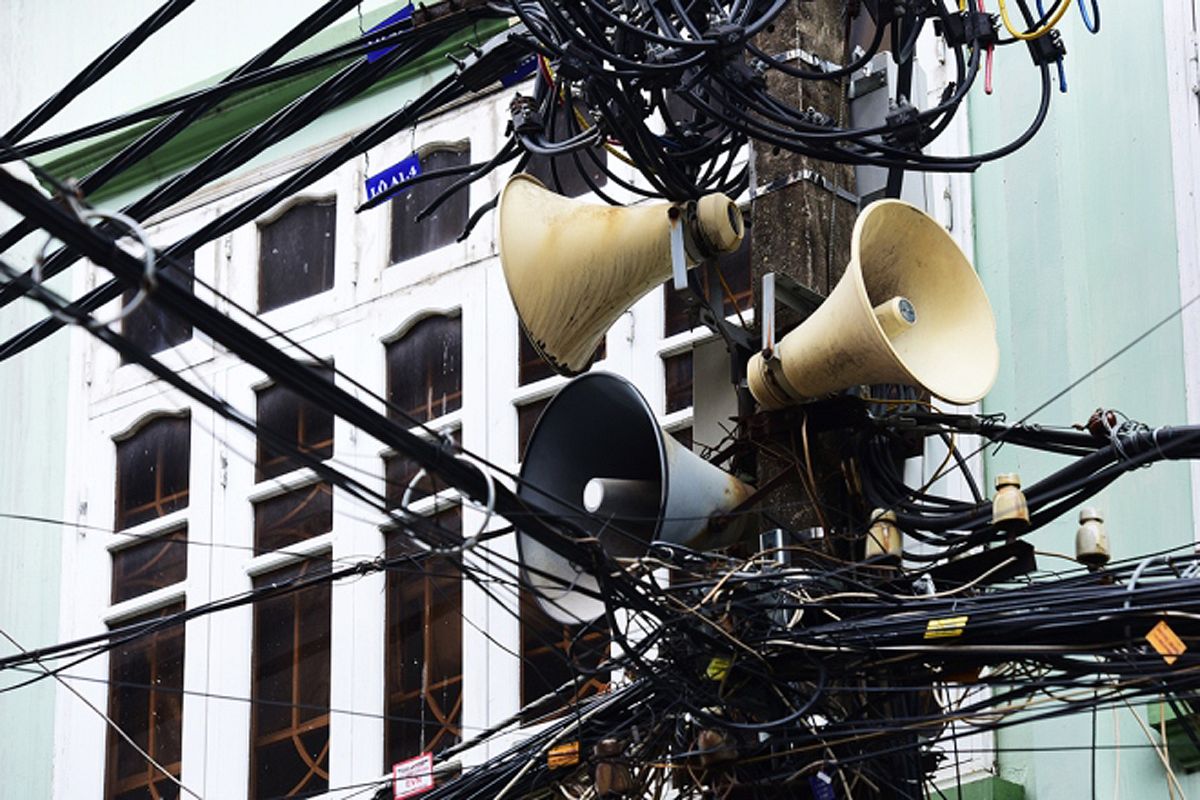As the United Nation’s World Population Day approaches on July 11, Vietnam must face its ongoing struggle with gender imbalance throughout its population.
On average, the sex ratio at birth sits around 105, meaning that there are 105 boys born for every 100 girls. Due to traditions, prejudices and societal pressures, many Vietnamese families prefer sons to daughters.
This preference is often so strong that it results in sex-specific abortions in households that have disposable income. In rural areas where this preference is even more prevalent but incomes are lower, it results in little girls being abandoned, starved, or neglected after birth.
In the countryside, the ratio of boys can be as high as 112. In instances where families already have two children, the rate skyrockets to 148.4 boys for every 100 girls, as couples desperately try for a son.
While abortions are legal in Vietnam up to 22 weeks, sex-selective procedures are not, though they are still very common.
Last year, a senior official from the Population and Family Planning sector predicted that by 2050, 4.3 million Vietnamese men would be unable to find a wife. Though Vietnam's sex at birth ratio imbalance is occurring much later than in other Asian countries, it has happened at a much faster rate. Vietnam now has the third-worst disparity on the continent, behind India and China.
China’s problem has also spilled over into Vietnam, making matters worse. Many communities in northern Vietnam along the Chinese border have become a hunting ground for underage girls to be smuggled and sold as brides. CNN reported, “girls as young as 13 say they are tricked or drugged, then spirited across the porous border by boat, motorbike or car. Young Vietnamese women are valuable commodities in China.”
Experts also say that the imbalance carries with it a host of consequences, including an increased rate of violent crime, more instances of trafficking women and girls into sexual slavery, higher rates of domestic and familial violence and other forms of social unrest.
Due to increased concerns over these dangerous potential outcomes, Da Nang’s local government has budgeted over VND6.6 billion between 2016 and 2020 for the purpose of raising awareness of the problem and imposing stricter punishment on those seeking and providing illegal sex-selective terminations.
[Photo via Dich Vu Be Trap]















